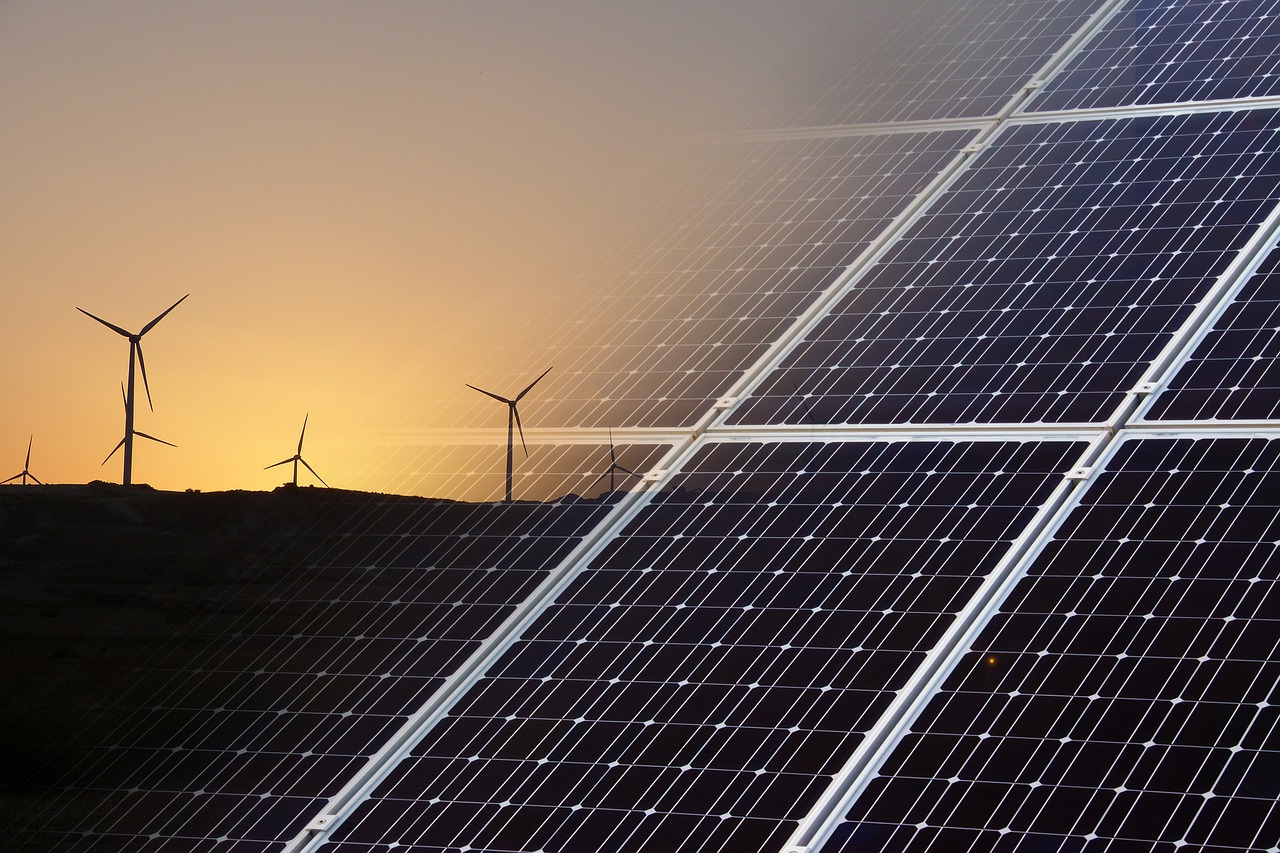PBS Terra Explores Earth's Future at Climate Tipping Points
In an insightful video by PBS Terra, titled "What Will Earth Look Like When These 6 Tipping Points Hit?", the channel delves into the concept of climate-related tipping points and their potential impacts on our planet. Released on September 6, 2022, the video has attracted significant attention, highlighting the urgency of understanding and addressing these critical thresholds in our climate system.
The video explains that a tipping point is when a small change pushes a system from one stable state to another, often dramatically. In the context of climate change, tipping points refer to moments when certain environmental systems undergo irreversible changes due to global warming. The International Panel on Climate Change (IPCC) has identified 15 potential climate-related tipping points, and the video focuses on six major ones: the Greenland and Antarctic ice sheets, the Amazon rainforest, global monsoons, the Atlantic Meridional Overturning Circulation (AMOC), and the Earth's permafrost and coral reefs.
Key points from the video include:
-
Arctic Warming: The Arctic is warming two to three times faster than the rest of the planet. This leads to the melting of the Greenland ice sheet, which contributes to rising sea levels and potentially disrupts the AMOC.
-
AMOC Disruption: The weakening of the AMOC, partly due to freshwater from melting ice, could have drastic global climate impacts, including a mini ice age in Europe and higher sea levels in North America.
-
Monsoon Shifts: Changes in the AMOC could disrupt global monsoon patterns, affecting agriculture and food supplies for over a billion people.
-
Amazon Rainforest: Increasing droughts and changes in rainfall patterns pose a risk to the Amazon, potentially leading to its transformation from a carbon sink to a carbon source.
-
Permafrost Thawing: The thawing of permafrost releases greenhouse gases like methane and carbon dioxide, contributing further to global warming.
-
Coral Reef Bleaching: Coral reefs are rapidly being bleached due to rising ocean temperatures, leading to a loss of biodiversity and marine life habitats.
The video emphasises that the consequences of these tipping points would be catastrophic, affecting everything from biodiversity to human livelihoods. It also highlights the interconnectedness of these systems and how changes in one can influence others.
Despite the grim outlook, the video concludes with a message of hope, suggesting that there is still time to prevent the worst-case scenarios. It calls for urgent action to mitigate climate change and adapt to its impacts, underscoring the importance of early warning systems and proactive measures.
This PBS Terra video serves as a crucial reminder of the delicate balance of our planet's climate systems and the need for immediate and concerted efforts to protect our environment.
Electoral Commission Imprint: Promoted by D.Dell on behalf of Northamptonshire Green Party c/o 38 Waverley Rd, Kettering, NN15 6NT



